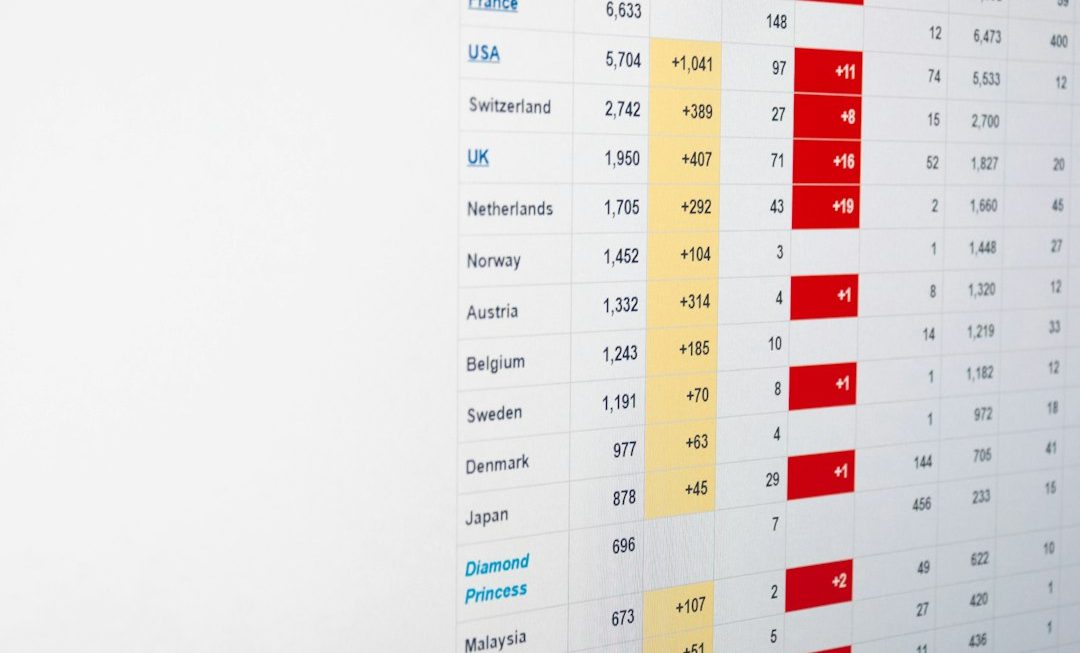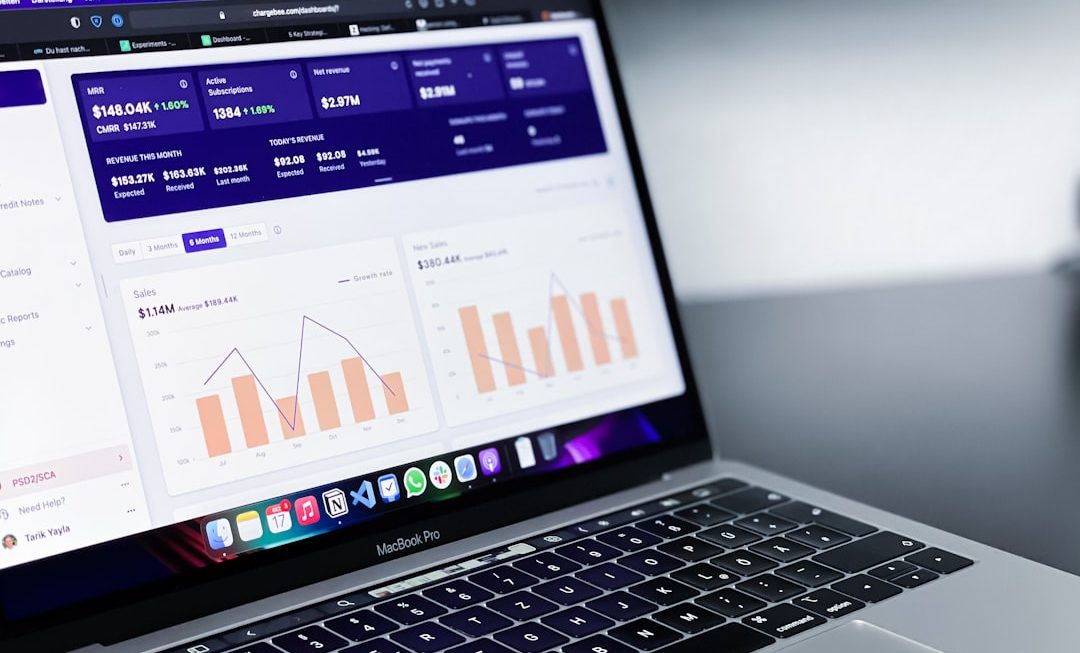In today’s fast-paced business landscape, staying ahead means finding ways to streamline workflows, reduce manual labor, and make data-driven decisions swiftly. One of the most revolutionary developments to support this is the rise of AI-powered report generator tools. These intelligent platforms are transforming how businesses and professionals handle report creation—saving time, improving accuracy, and enhancing productivity across the board.
The Power of AI in Reporting
Artificial Intelligence (AI) has moved beyond experimental buzzwords into practical tools that touch nearly every professional field. When it comes to report generation, AI is a game-changer. It enables users to synthesize complex data sets, generate insightful summaries, and format documents automatically—all at a fraction of the time it would traditionally take a human.
Whether you’re in finance, marketing, human resources, healthcare, or education, AI report generator tools offer a blend of efficiency and intelligence that is reshaping document creation. Companies now integrate these solutions into their workflows to create anything from monthly performance reports to client summaries to data analytics presentations.

Key Benefits of AI Report Generator Tools
Businesses and professionals avail several clear advantages by using these tools. Here’s a breakdown of the most notable benefits:
- Time Efficiency: AI drastically reduces the time it takes to research, compile, and format reports. What used to require hours—or even days—can now be completed in minutes.
- Accuracy and Consistency: With natural language processing (NLP) and machine learning algorithms, AI ensures that data is interpreted and represented correctly, minimizing the chances of human error.
- Data-Driven Insights: AI doesn’t just regurgitate numbers—it analyzes them to draw meaningful conclusions, highlight trends, and make powerful predictions that add value to the report.
- Customization and Personalization: These tools can adapt the tone, structure, and visual layout of the report to suit different audiences, from executives to customers.
- Scalability: Whether a business needs one report or a thousand, AI systems are highly scalable and can deliver consistent results without additional strain.
Popular Use Cases in Business
AI report generator tools have found broad applications across various industries:
- Marketing Teams: Automatically generated campaign performance summaries, social media analytics, and customer behavior trends enhance decision-making and strategy development.
- Finance Departments: Monthly and quarterly financial reporting, budget forecasting, and auditing are streamlined and made more accurate with data-driven AI tools.
- Sales Professionals: Generating lead summaries, client engagement reports, and sales performance metrics at the click of a button saves time and boosts productivity.
- Human Resources: AI assists in creating recruitment metrics, workforce analytics, and employee satisfaction trends—key to managing internal operations proactively.

How AI Report Generator Tools Work
Understanding the mechanics behind these tools can offer insights into their value. Typically, an AI report generator will work through the following steps:
- Data Input: Users upload raw data in various formats such as spreadsheets, CRM data, or analytics logs.
- Analysis: The AI algorithms process the data, identifying patterns, anomalies, and key insights.
- Content Generation: Using NLP, the tool translates these insights into coherent and readable narratives.
- Formatting: The final report is formatted with charts, tables, and visual aids to enhance comprehension.
- Distribution: Users can then export and share these reports via email, cloud platforms, or internal dashboards.
The beauty lies in the customization—users can set parameters for what data to focus on, the tone to adopt, and even the level of language complexity depending on their audience.
Best Practices When Using AI Report Generators
To get the most out of these tools, professionals should adhere to a few key guidelines:
- Use Clean, Structured Data: AI tools work best when fed high-quality inputs. Poor formatting or incomplete data can hinder performance.
- Review and Customize Output: While AI tools are accurate, they benefit from a human touch. Tailoring the output ensures alignment with specific goals.
- Maintain Data Privacy: Choose tools that comply with security standards and regulations (like GDPR) to protect sensitive business information.
- Train Staff: Empowering your team to use these tools effectively will maximize ROI and further enhance productivity.
Integrating AI Tools into the Workflow
Smooth AI integration begins with selecting the right platform. Tools like Jasper, Writesonic, or Zoho Analytics offer diverse features tailored to different business needs. Many of them include APIs, meaning they can be embedded directly into existing systems such as CRM software or project management platforms.
Organizations should start small—perhaps with a single department—before scaling the solution across the enterprise. Doing so allows teams to adapt gradually and provide feedback on improvements or customization.
Challenges and Considerations
While AI report tools are largely beneficial, they do come with a few challenges:
- Learning Curve: Initial setup and familiarization can take time, especially for non-technical users.
- Cost: Depending on the scope and provider, pricing can vary and may be high for smaller businesses.
- Dependence: Relying solely on AI may lead to less human oversight, so it’s critical to include quality control processes.
Despite these challenges, the productivity gains make the implementation of AI report generators a wise long-term investment.
Future Outlook
As AI continues to evolve, report generation tools will become even more intuitive, capable of real-time updates, voice commands, and integration with emerging technologies like augmented analytics. The future points toward dynamic reports that adjust in real time based on incoming data and reader interactions.
Conclusion
From saving time to boosting accuracy, AI report generator tools are transforming how professionals handle documentation. These tools empower businesses to focus less on compiling data and more on acting on insights. With widespread applications and continuous advancements, embracing AI-driven reports is fast becoming not just a competitive advantage but a necessity.
FAQs
- What is an AI report generator?
- An AI report generator is a tool that uses artificial intelligence to analyze data and generate written reports automatically with varying levels of customization and graphical representation.
- Are AI-generated reports accurate?
- Yes, they are generally accurate, especially when fed structured and well-curated data. However, a final human review is always recommended to ensure quality and context.
- Can AI report tools be used across industries?
- Absolutely. These tools are designed to serve multiple industries including finance, healthcare, marketing, education, and more.
- Is it expensive to implement AI report generators?
- Costs can vary, but many platforms offer flexible pricing models. It’s advisable to start with a trial or a basic package to evaluate ROI before scaling up.
- How do I choose the right AI report tool?
- Look for tools that align with your business needs, support the data types you use, offer customization, and comply with data privacy standards.




